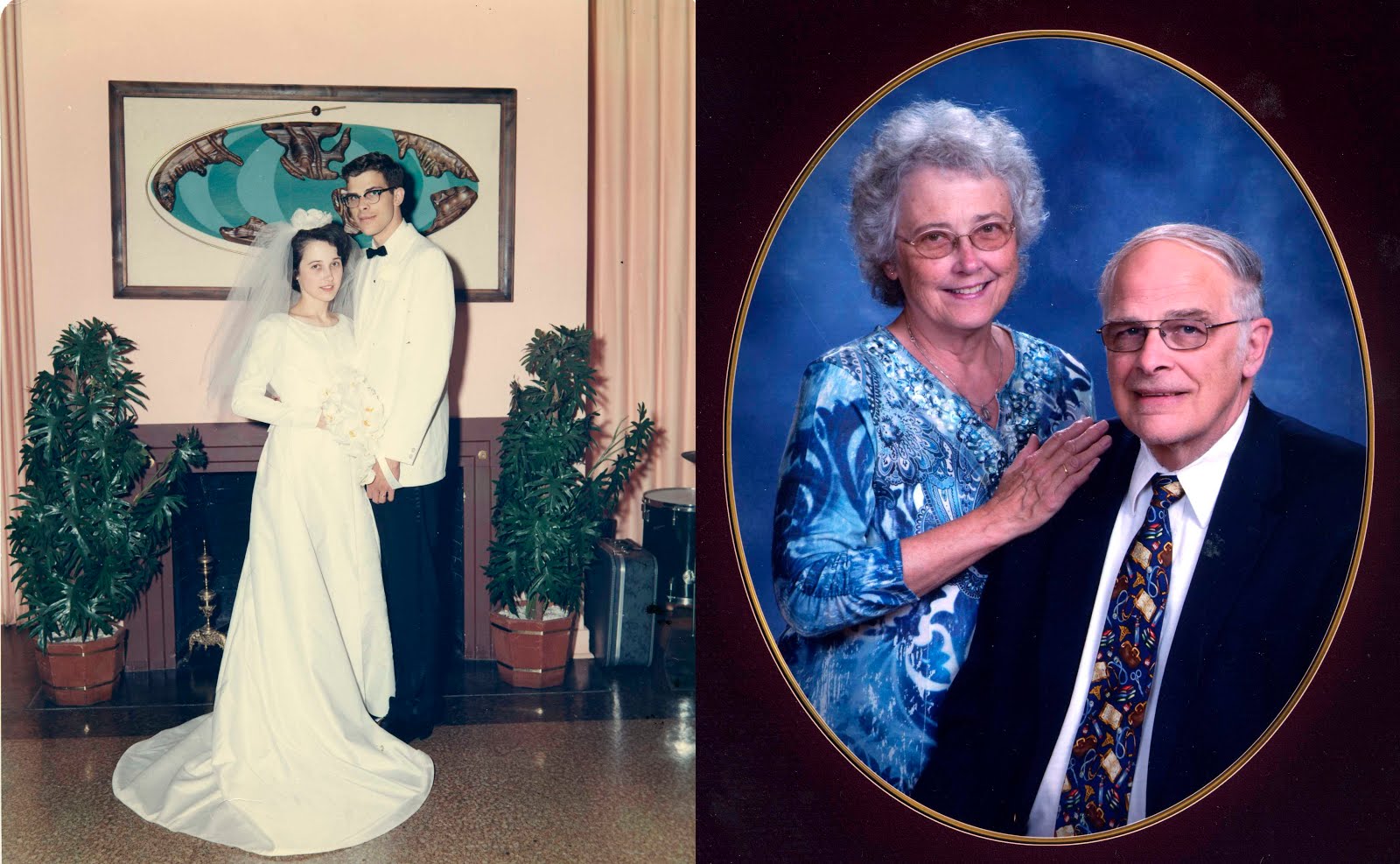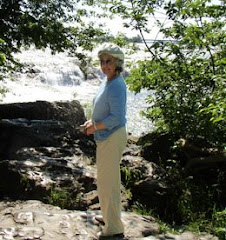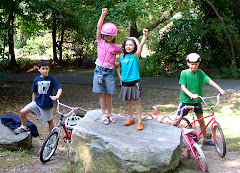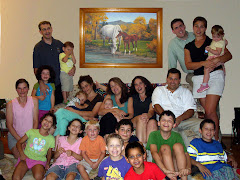Luke 9:51-62
Today's gospel seems to be made up of
a few unrelated bits; but I think Luke is talking about discipleship.
James and John know that Jesus has
power. He has cured the sick, driven out demons; he's walked on
water and made fish jump into the net. And they've had a taste of
the power as well, having been sent forth to do the same tasks. When
they are insulted by the Samaratan town they would have stayed in
because they are “Jerusalem people” the first reaction is to
suggest that the call down fire from heaven. That would show those
Samaritans .
Many years ago back in the days of the
hippies there were “Jesus people” who would dress up in long
robes and grow beards and walk around in open toed sandals or even
barefoot. They were trying to look like Jesus. They saw themselves
as followers. And even today there are people who preach the
Prosperity Gospel, the idea that if you follow Jesus that way, you
will be rewarded with material goods. It certainly worked for Joel
Osteen and Oral Roberts and Joyce Meyer. I'm not saying these aren't
good people, but they all preach that if you get on God's good side,
you will have wealth, health, and other good things; and of course if
you don't have these things, you are doing something wrong. They are
like James and John; they see Jesus as sort of a cosmic vending
machine that wants to use his power to help his followers.
After this, Jesus talks about what it
means to be a disciple; you may have to give up stability in your
life; after all, Jesus has nowhere to lay his head, and if you follow
him you will be subject to the same thing. And if you follow him,
forget about attending your parent's funerals, and if you want to
posess the kingdom of heaven then don't even say goodbye to your
relatives and friends.
As I was reading this part of the
gospel, I thought, “who follows Jesus like that?” Our bishop has
a very nice place to lay his head; and I am pretty sure he will
probably celebrate the funeral masses of his parents; and he goes
down to visit his parents and his brother and probably many of his
friends every now and then; Baltimore isn't that far. There are, of
course, a few people in cloistered religious orders who are greatly
restricted from these natural human actions, but they have a bed and
three meals a day, and are allowed a little contact with their loved
ones. So does Jesus really mean what he is saying?
Well, if he is being literal, I'm in
trouble, and so are you, and so is our pastor.
Saint John of the Cross said that
following Jesus does not mean that we dress like him, that we do the
things he did, things we call “minstry”. It doesn't mean that we
do things in the hopes of getting on his good side. It does mean,
according to Saint John that when we do something we have the same
motive for doing it as Christ would have had. It isn't “What would
Jesus do?” but “Why would Jesus do what I am going to do?”
There is a difference. Saint Paul talks about “Putting on Christ”
and “It is no longer I that lives, but Christ lives in me”.
Saint Francis started our with the intention of imitating Christ in
everything, and judging by the movement that he started and by the
confirmation by God through his stigmata, he succeeded – and by all
accounts he was no genius, so it should be possible for you and I.
What did Francis do? He studied the
gospels; he tried to live the way he saw Christ living; he took
everything literally, until he was shown differently. When Jesus
asked him to rebuild his church, he looked around for a ruined church
to rebuild; when he read that Jesus' followers were to preach the
gospel to every creature, he had no problem preaching to birds and
animals. The point is not that Francis did some odd things, but like
other saints, Francis immersed himself in the gospels to put on the
mind of Christ. And that is a full time job, that is why Jesus says
“Let the dead bury the dead” and “if you put your hand to the
plow and look back, you are not worthy of the kingdom of heaven”.
Jesus wants each of us to be “other
Christs”. We learn how to do this by bringing the scriptures into
our lives; by following the teachings of the Church, which brings two
thousand years of experience with human nature and the creation of
Saints. And we learn how to do this from each other because we are
all at some level of becoming other Christs. I think we all can
recognize the Christ in each other; certainly we can see that we
aren't perfect, but that always implies that we aren't totally
imperfect either. And sometimes we can explicitely help each other;
in our parish there are groups who try to help each other put on
Christ – we have groups that pray together, groups that study
together, and groups that minister together. And of equal
importance, groups that come together primarily for fellowship. In
all these groups Christ can emerge and help us put on the mind of
Jesus.
So this is a good time to ask, am I
doing something to put on Christ? What steps am I taking besides
coming to Mass on Saturday or Sunday to learn more about Christ and
how he thinks, how he makes decisions, how he chooses what to do and
what not to do? What am I doing to be worthy of the kingdom of
heaven?













